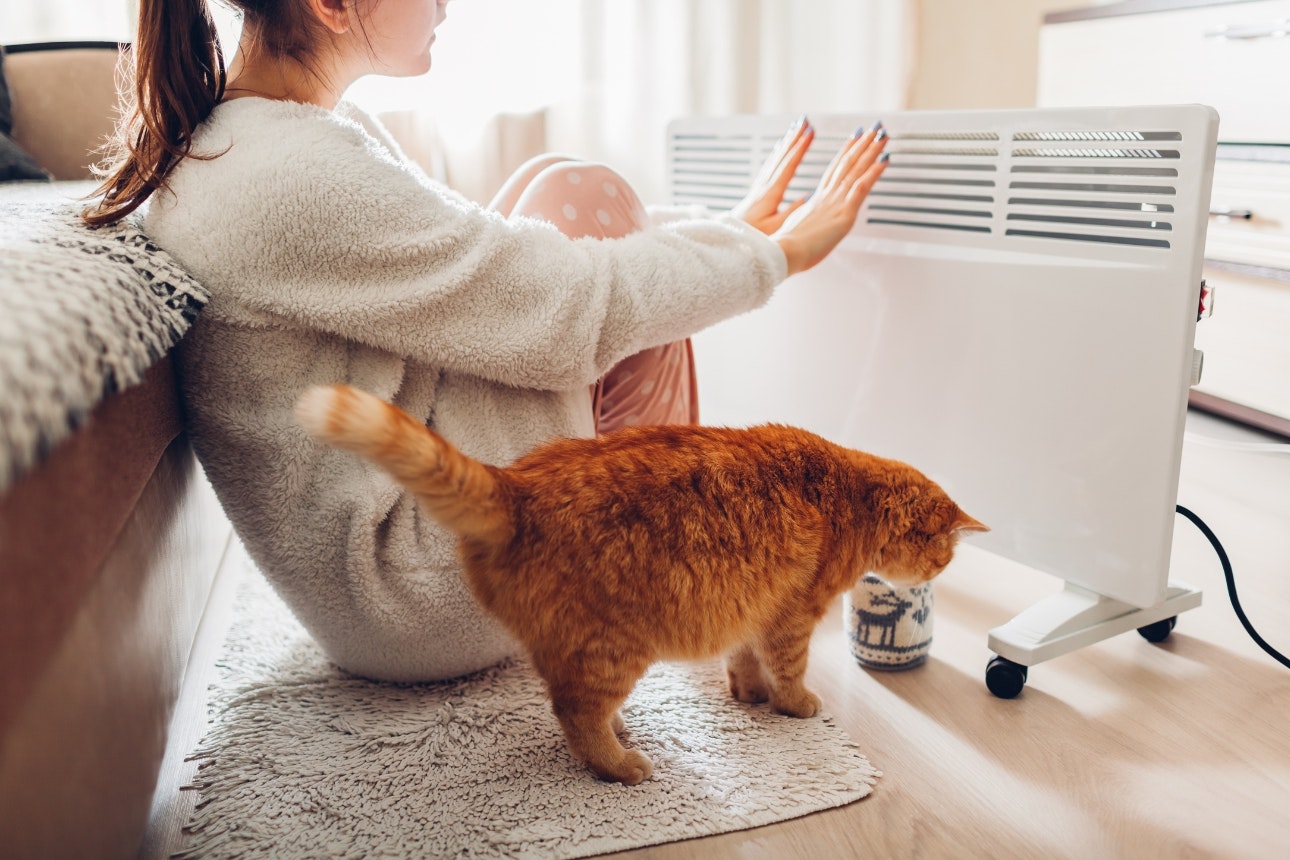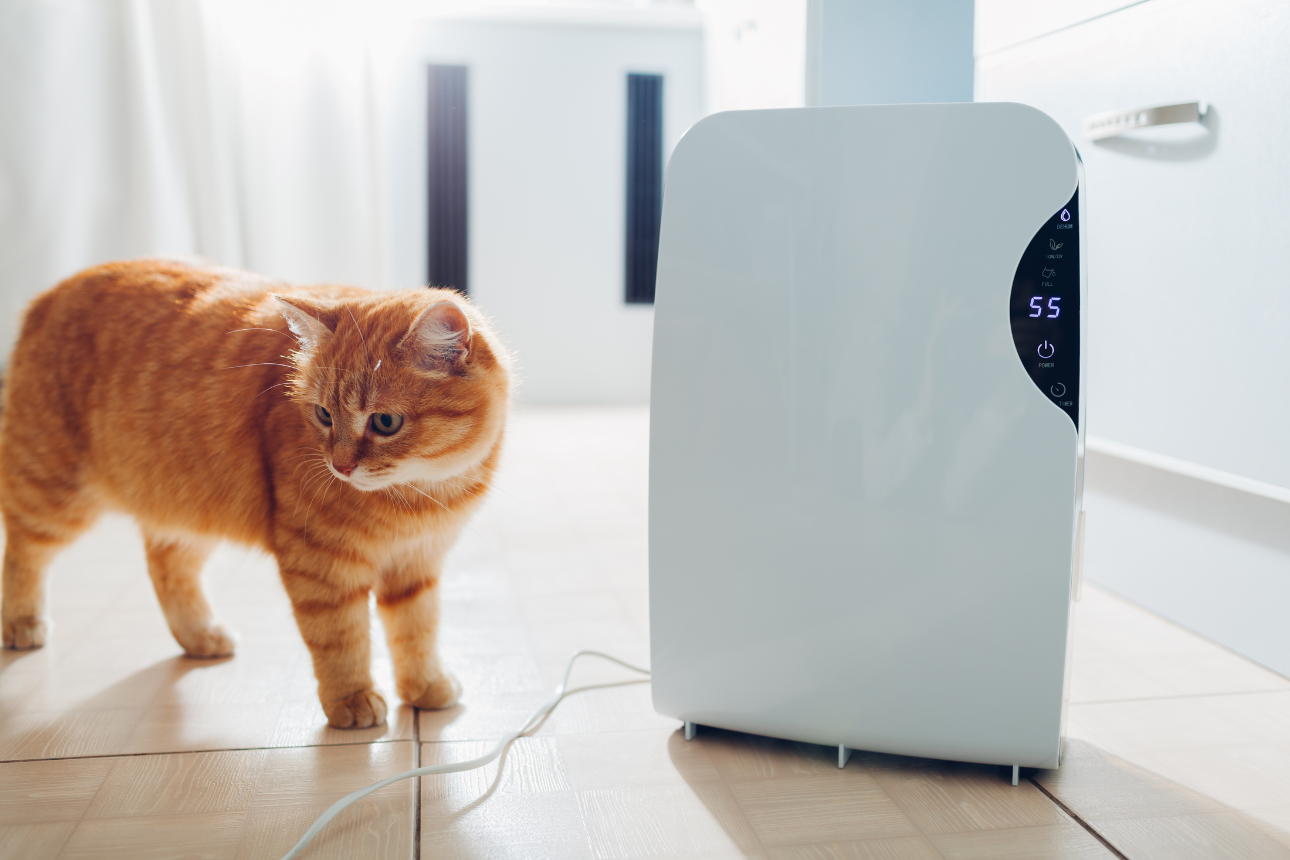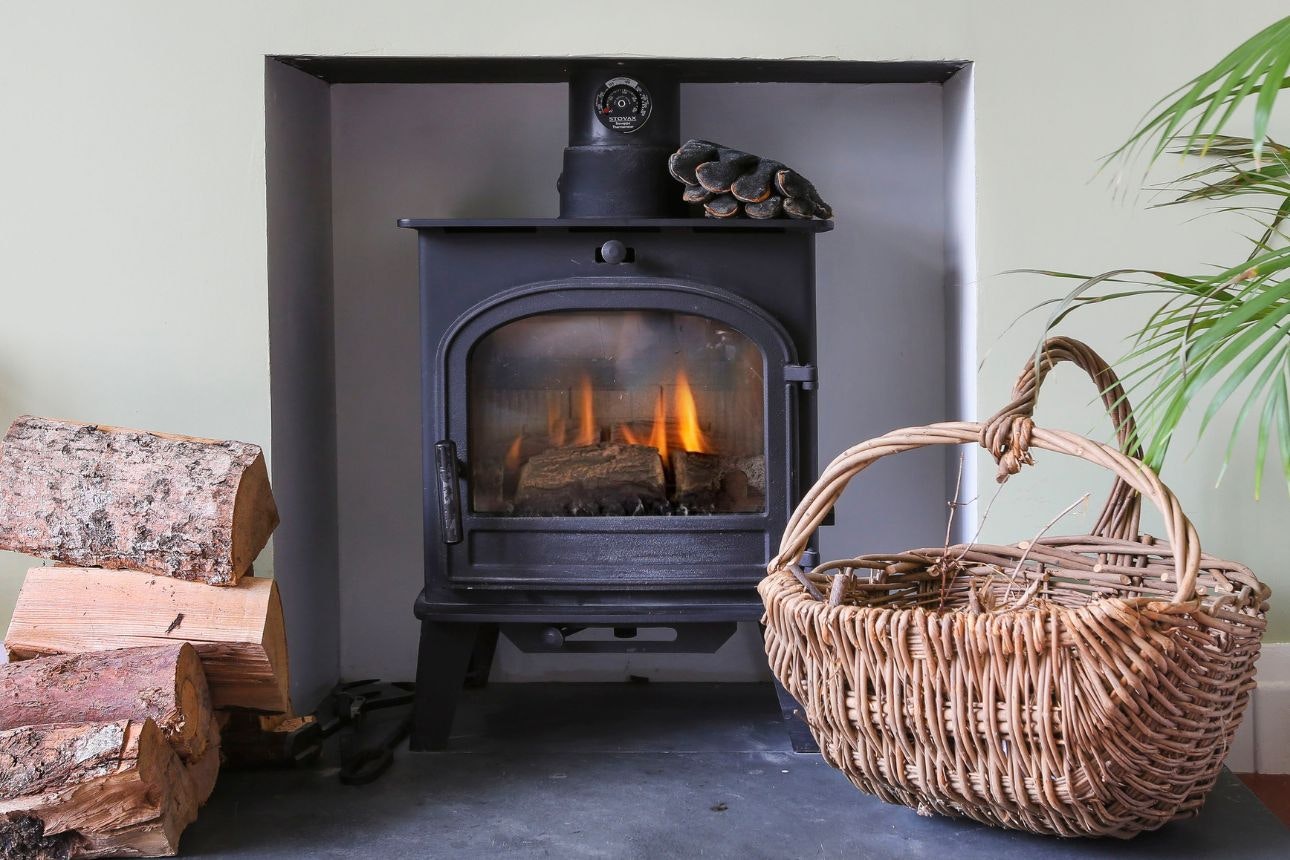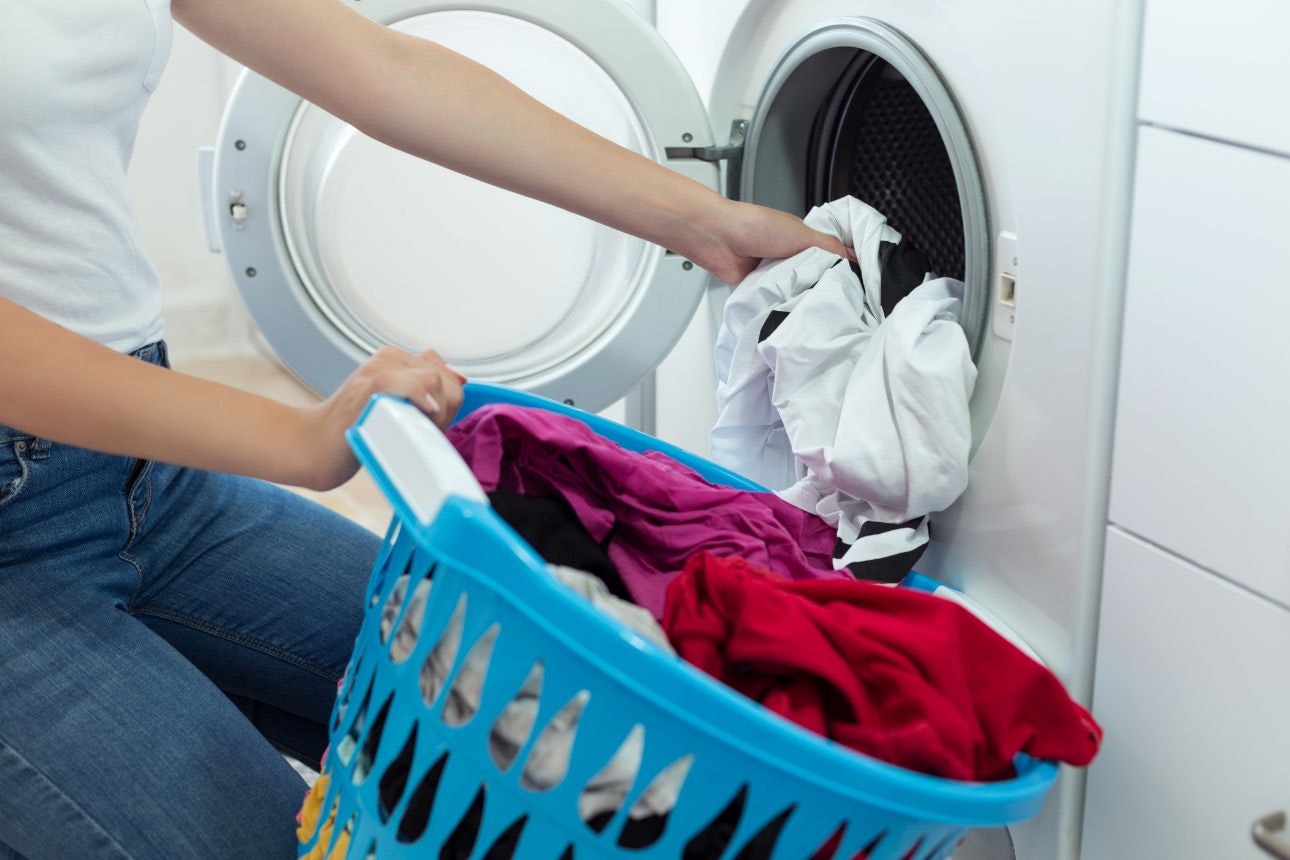Here's how we assess heat pumps.
Lifetime score
Our overall score combines test performance (how well the appliance works) with predicted reliability (how likely models from the brand are to remain free of faults) and owner satisfaction (how likely owners of the brand are to be very satisfied).
We’ll only recommend appliances you’ll love to own, that work well and keep working well for a long time.
Performance
It’s no use having a product that lasts for decades if it doesn’t work well in the first place. A disappointing product will soon become unloved and unwanted. Our performance score is comprised of:
Heating efficiency (50%)
Cooling efficiency (10%) - recognising that air conditioning is required less often in New Zealand.
Low temperature performance (20%) – where manufacturers fail to provide H2 ratings, we use a default low temperature score of 50.
Indoor noise (10%)
Outdoor noise (10%)
Predicted reliability
It’s reasonable to expect a new appliance to remain fault-free for at least the first five years. Our predicted reliability won’t tell you whether your heat pump will stop working tomorrow, but it does show which brands make models that are less likely to fail.
Owner satisfaction
Satisfaction is important – no appliance should be a source of buyer regret. Appliances with very satisfied owners are more likely to get cleaned regularly and maintained well. Their owners are also more likely to seek repair for faults than look for a quick replacement.
About our assessment
We don’t test heat pumps. With more than 300 models available, there are simply too many to tackle. Instead, we compare and analyse data provided from manufacturers. This data comes from accredited laboratories.
Our performance scores are all calculated comparatively, meaning heat pumps are rated against other models of similar size. A score of 65 is the average result for a model of that heating capacity (kW). For example, low-capacity heat pumps tend to be more energy-efficient, so it’s tougher competition for a small heat pump to get a good efficiency score. A large model scoring 70 for indoor noise will be louder than a small model that also scored 70, but you can check the dBA figures to compare models of different sizes.
Our low temperature performance score is based on the difference between the standard kW heating capacity (measured at 7°C) and output at 2°C (the H2 rating), the prime temperature for frost formation. Some brands don’t provide this information to us. If you live somewhere prone to winter frosts, look for a model with an H2 rating.
Survey data 101
In our annual reliability and satisfaction survey, consumers tell us about faults that have made an appliance they own unusable or mean they’ve had to change how they use it. We also ask them how satisfied they are with the appliance. We use this data to produce our predicted reliability and owner satisfaction scores.
We use a statistical test to rate the relative performance of each brand. Compared to data we have for all products (of the same type) in the survey, we rate each brand with excellent, good, average, poor or terrible for each of reliability and satisfaction.
You can compare the rating of different brands for the same product type (for example, the reliability rating for Miele and Haier washing machines), but you can’t compare the results for different product types (for example, satisfaction of LG TVs and Samsung phones).
We analyse brands that get at least 30 responses in our survey. That means there are some brands we can’t analyse because we don’t have enough data. For those brands, we assume they have average predicted reliability and owner satisfaction.



